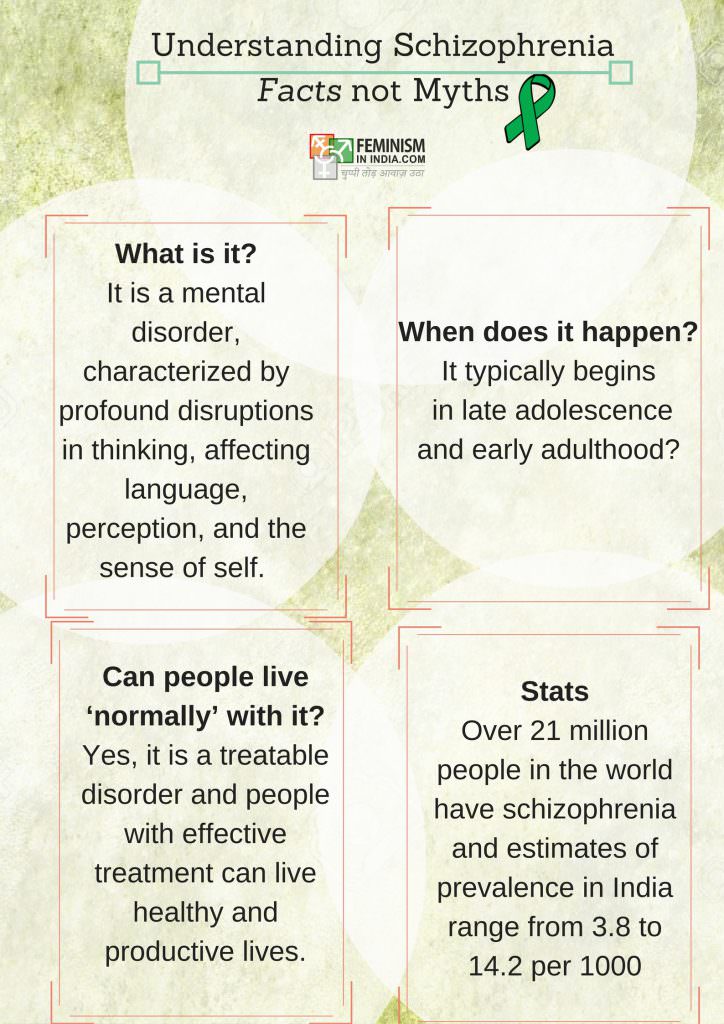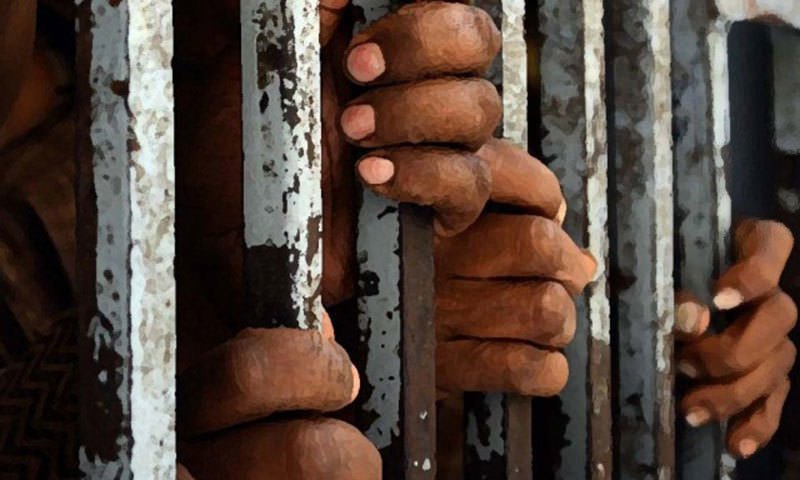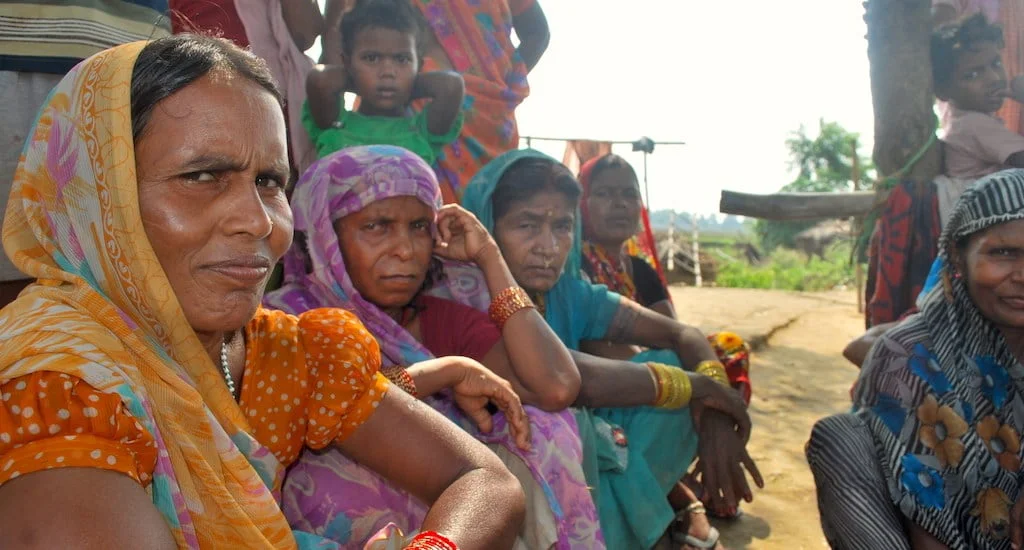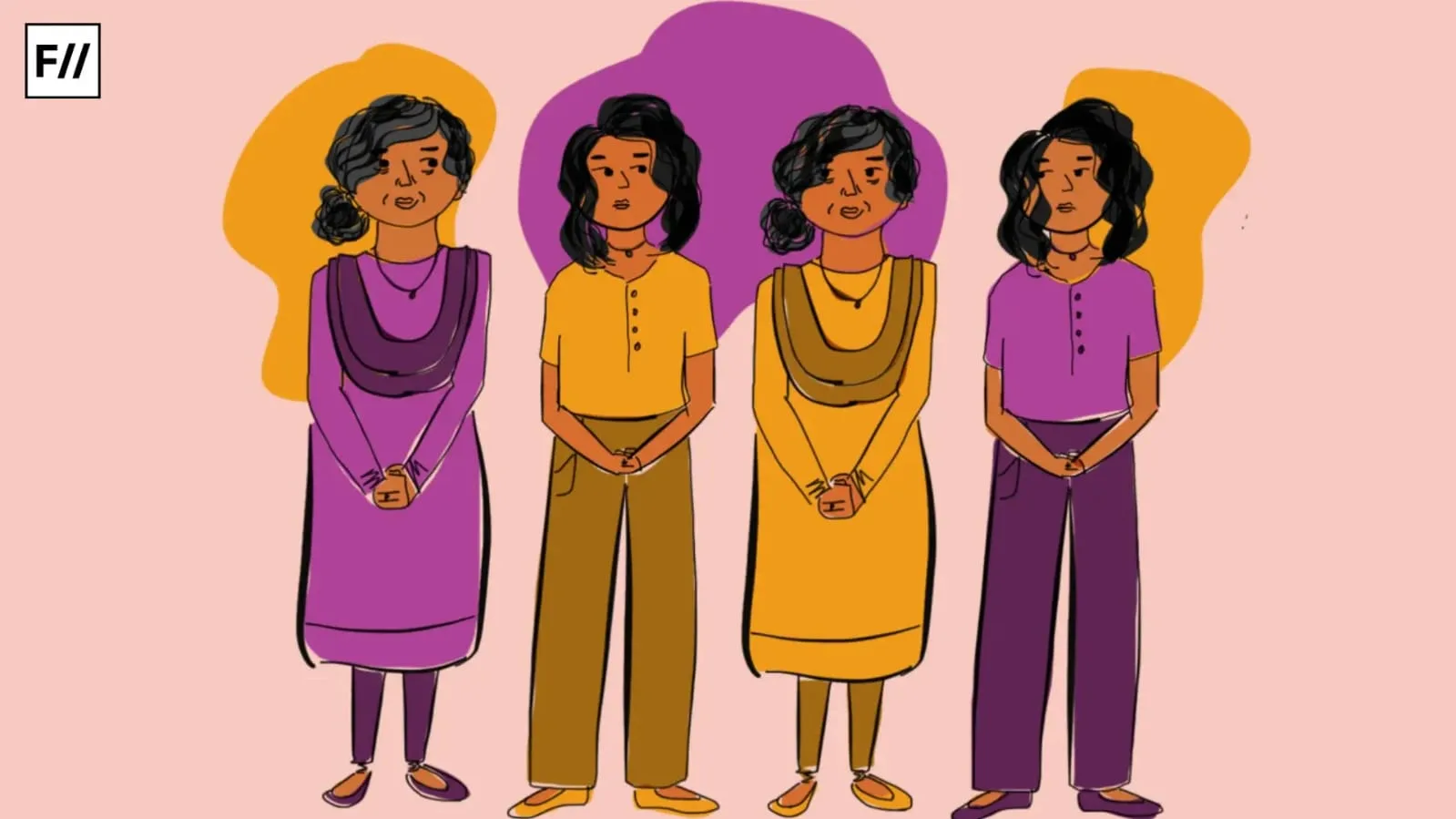One of the most disappointing piece of recent news is Pakistan’s top court declaring that “schizophrenia is not a permanent mental disorder” and have focused on it being a recoverable disease. I would scoff at the game of semantics being played here but the awful implication of this judgment by a three-judge bench is that a man will be executed despite several doctors’ certifying he is a paranoid schizophrenic. On top of this, he has been in solitary confinement, a form of torture that can only worsen mental illnesses. The court contends that drugs and therapy have improved the prognosis for Imdad Ali, who is on the death row after killing a cleric in 2002. This decision is despite his lawyers and doctors saying that Ali does not understand the concept of crime and punishment, that he is delusional.
Imagine the horror – not only do the courts, the legal system display a complete lack of understanding of how mental illnesses work but they choose to actively persecute and punish people. Of course, such judgments fly in the face of all the conventions and treaties that countries sign to protect the rights of people with mental illnesses and disabilities.
Stigmatization is a big part of living with mental illness. Society questions the legitimacy of mental illnesses every single day, calling it a weakness or bad attitude. People wrongly assume that crime rates are directly related to mental illnesses and ignore the role of factors such as poverty, access to weapons, criminal history and more.
This judgment to me reflects what happens when the legal system takes it cue from social attitudes instead of working towards changing them. Pakistan alone has over 8,000 people on the death row (the moratorium on execution was lifted in 2014).
While this case may be about what happened in Pakistan, it is illustrative of how courts treat mental illnesses in many countries. The judges in Pakistan cited India’s Supreme Court in the 1976 case of Amrit Gupta vs. Union of India where the courts dismissed the plea to withhold execution due to the accused being of ‘an unsound mind and having schizophrenia’.
If Ali is not granted a mercy petition or forgiveness by the victim’s family, then this erroneous and disappointing judgment by the court can only end in death for Ali and a blow for mental illness rights across the world.

About the author(s)
Feminist and Indian. Interests include gender, education, mental health and wellness. India/US.




